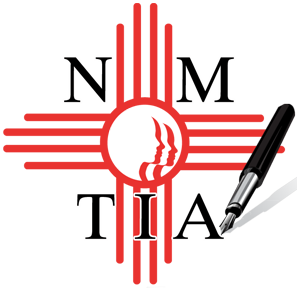
If you are new to the world of translating and interpretation, a variety of questions can come up when you’re looking for the best professional to suit your needs. Here are some of the most common questions we’ve heard:
What is the difference between a translator and an interpreter?
A translator transforms written text from one language to another. Translators receive certifications based on their ability to translate languages in one direction at a time (i.e. from Spanish to English). An interpreter takes oral communications from one language into another, usually speaking both languages.
How much do translators and interpreters cost?
Translators and interpreters determine their fee structures according to their individual experience. Translators normally charge by the word, by the line, or by the page; however, some may have hourly fees. Interpreters generally charge on a time basis.Furthermore, the nature of the job will often affect the price. If immediate turnaround is needed, or if a document is heavily formatted, the cost may be higher. Fees for out-of-town interpreting may well be higher than local jobs.Keep in mind that if a translation has to be redone as a result of poor quality, or if a negotiation is interrupted because of inadequate interpreting, this may cost you more in the end than paying for a good translation or a competent interpreterís time at the outset.
What does certification mean?
- For Translators:
“ATA Certified”
The American Translators Association (ATA), a national organization of language professionals, awards certification to candidates who fulfill education/experience requirements and pass a rigorous written examination.Although ATA certification is not “official” in terms of formal recognition, it is informally acknowledged as indicating proficiency in the language combination indicated (testing is in one direction only, for example, English into Spanish; a separate test is required for Spanish into English certification). ATA does not yet have certification in place for all language combinations. - For Interpreters:
“Court Certified”
State: State certification in New Mexico requires a workshop and successful completion of exams in simultaneous and consecutive interpretation and sight translation. This certification allows an interpreter to work in all proceedings in state courts, and many states have cooperative agreements recognizing certification from other states. - Federal:
Federal certification requires successful completion of both a written and an oral exam, administered by the federal system. Federal certification allows an interpreter to work in federal courts, and is considered the highest level of certification for legal interpreters. - JSI or Justice System Interpreter:
An intermediate level of certification conferred by the New Mexico Administrative Office of the Courts which allows an interpreter to work in most but not all proceedings in state courts. - “Certified Medical Interpreters”
Two national organizations test and certify interpreters for competency in the medical field: National Board of Certification of Health Care Interpreters (NBCHC) and the Certification Commission for Healthcare Interpreters (CCHI). There is also training in this field provided by Bridging the Gap, and certain health care institutions and agencies have their own programs to determine interpreter skills.
Most forms of certification require ongoing participation in professional development training by the language professional in order to maintain the qualifications.
